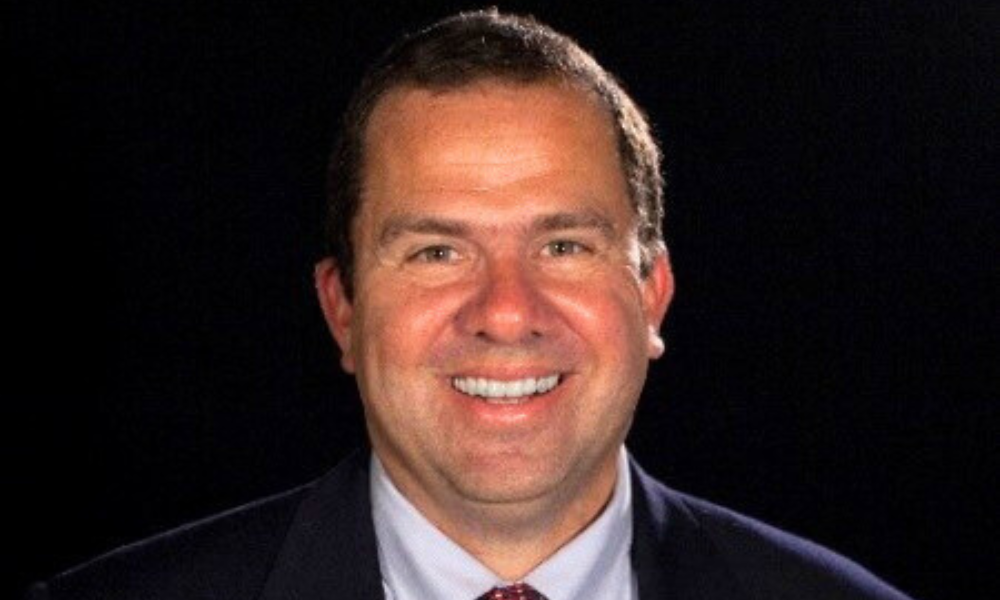Office romances are on the rise – what are the risks for employers?

Office romances are on the rise – what are the risks for employers? | Insurance Business America
Insurance News
Office romances are on the rise – what are the risks for employers?
Insurer has observed a “significant spike” in harassment claims
Insurance News
By
Gia Snape
Office romances are on the rise, particularly among Gen Z and younger millennials, with new data from the Society for Human Resource Management (SHRM) revealing that 33% of these younger workers are open to workplace relationships.
This trend has significant implications for employers, including sexual harassment claims. Although no law prohibits consenting adults from engaging in a romantic relationship at work, Title VII of the US law does prohibit sexual harassment.
Chris Williams (pictured below), employment practices liability (EPL) product manager at Travelers, said that they observed a “significant spike” in sexual harassment claims following the Harvey Weinstein scandal and again post-pandemic. He spoke to Insurance Business about the various challenges employers face navigating workplace romances.
“There’s no law prohibiting consenting adults from having a romantic relationship in the workplace,” said Williams. “In some situations, what one party may perceive as a romantic relationship or pursuit of a romantic relationship may be perceived by the other party as unwelcome and sexual harassment. That’s one way those incidents can lead to exposure for claims.”

Offices romances create exposures for employers
According to Williams, sexual harassment consists of unwelcome sexual advances, requests for sexual favors, and other verbal or physical conduct of a sexual nature that affects an individual’s employment or creates a hostile work environment.
Another risky scenario involves two employees in a relationship where one party ends the relationship, but the other does not accept it and continues to pursue it. This persistence can also lead to harassment claims.
The most problematic scenario, according to Williams, is when a senior employee is involved with a subordinate.
“The power imbalance can make it difficult for the subordinate to extricate themselves from the relationship. In some cases, the manager may take adverse actions like demotion or termination against the subordinate who refuses to engage in the relationship,” he said.
The #MeToo movement has significantly impacted the severity of claims, reflecting societal attitudes toward sexual harassment and similar workplace issues. According to Williams, the average jury award for harassment cases exceeds $200,000.
While litigation costs are climbing, Williams also stressed the non-monetary implications for insureds.
“Dealing with litigation involves time, effort, and stress. Appearing at depositions and trials, turning over emails, personnel files, and text messages is a stressful endeavor,” he said.
Love gone wrong? How failed office romances could impact the workplace
Litigation costs aren’t the only challenge employers face when managing romantic relationships in the workplace.
The SHRM survey highlighted the repercussions of these relationships on workplace dynamics. Ten percent of workers who were in an office romance left the job they liked because of a breakup.
There’s a cost associated with replacing employees amid the fallout of workplace romantic relationships, but even more significant is the potential impact on office morale. Relationships between managers and subordinates can create perceptions of favoritism, further affecting team dynamics.
Williams suggested several strategies for employers to manage these risks. It is crucial to create and enforce a company culture that does not tolerate sexual harassment. Employers should ensure they have written policies on sexual harassment and mandate comprehensive training.
“This starts with the CEO leading the charge on these initiatives,” said Williams. “We’ve seen more claims where training is mandated for some but not all employees. That’s not helpful because it doesn’t reinforce the culture we’re looking for.”
While outright banning romantic relationships may not be feasible, prohibiting relationships between supervisors and subordinates is reasonable, Williams added.
Documenting and communicating these policies clearly and providing a hotline for employees to report harassment anonymously are ways to help prevent claims from happening.
Finally, having a strong EPL insurance policy that includes training and risk management resources can help employers mitigate their exposure.
“EPL insurance policies can provide significant benefits, offering coverage for claims by applicants, employees, and former employees for discrimination, wrongful termination, sexual harassment, and retaliation,” said Williams.
Have something to say about the exposures related to workplace romances? Tell us your thoughts in the comments.
Related Stories
Keep up with the latest news and events
Join our mailing list, it’s free!






